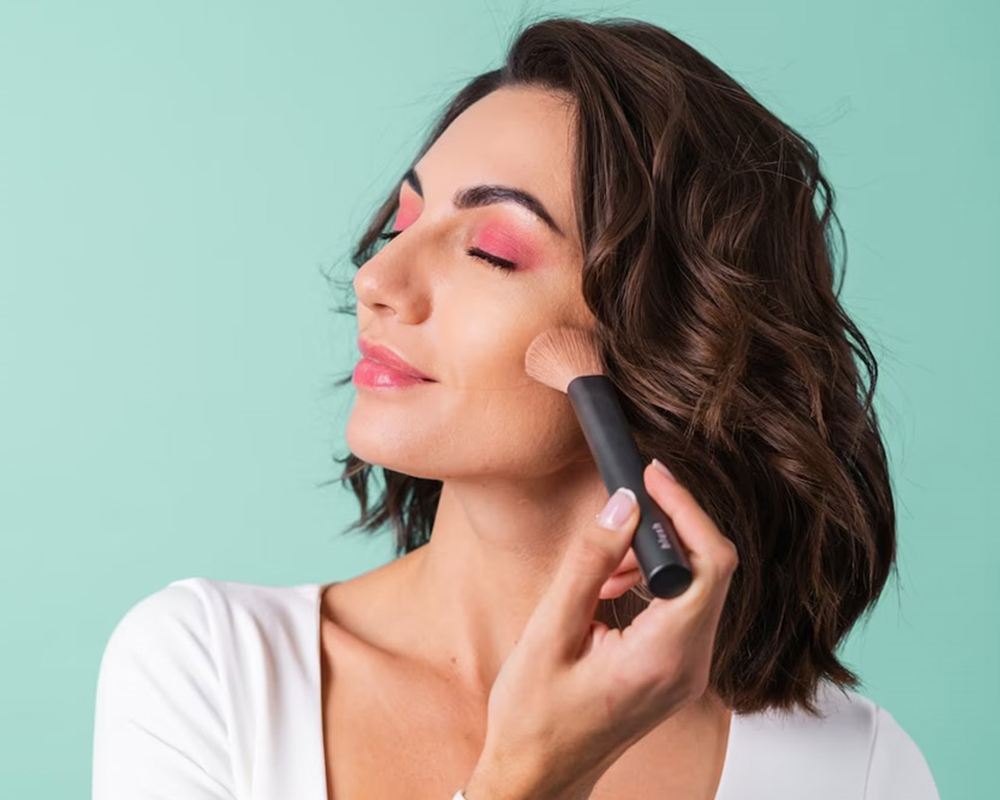The use of cosmetics dates back thousands of years. Ancient Egyptians, for instance, utilized kohl to define their eyes and protect them from the sun’s glare. In addition, they employed various natural ingredients to create perfumes and skin treatments. This early adoption of cosmetics was not merely for aesthetics; it held spiritual and social meanings, often associated with status and identity.
Fast forward to the 20th century, and the cosmetics industry experienced a revolution. The introduction of mass-produced products made beauty accessible to the general public. Iconic brands like Revlon and Estée Lauder emerged, promoting the idea that makeup could enhance not just physical appearance but also confidence and self-esteem. Advertisements began to portray cosmetics as essential tools for empowerment, encouraging women to embrace their individuality.
Today, the cosmetics landscape is more diverse than ever. The rise of social media has transformed how beauty is perceived and marketed. Platforms like Instagram and TikTok have given rise to beauty influencers who share tutorials, reviews, and personal stories, democratizing beauty standards and inspiring a global community. This shift has led to an explosion of brands that cater to all skin tones, types, and preferences, promoting inclusivity and representation.

Moreover, the concept of beauty is evolving. Many consumers are now seeking products that not only enhance appearance but also align with their values. Clean beauty, cruelty-free formulations, and sustainable packaging have become significant considerations for modern shoppers. This shift reflects a growing awareness of the impact of cosmetics on health and the environment, prompting brands to innovate responsibly.
The psychological aspect of cosmetics cannot be overlooked. For many, applying makeup is a ritual that boosts mood and enhances self-image. The ability to transform one’s appearance can be empowering, allowing individuals to express their creativity and personality. Whether it’s a bold lipstick for a night out or a natural look for everyday wear, cosmetics offer a canvas for self-expression.
In conclusion, cosmetics have evolved from ancient practices to modern expressions of individuality and empowerment. They play a crucial role in shaping identity, challenging beauty norms, and fostering a sense of community. As the industry continues to innovate and adapt, one thing remains certain: cosmetics will always be more than just products; they are a reflection of who we are and how we choose to present ourselves to the world.
